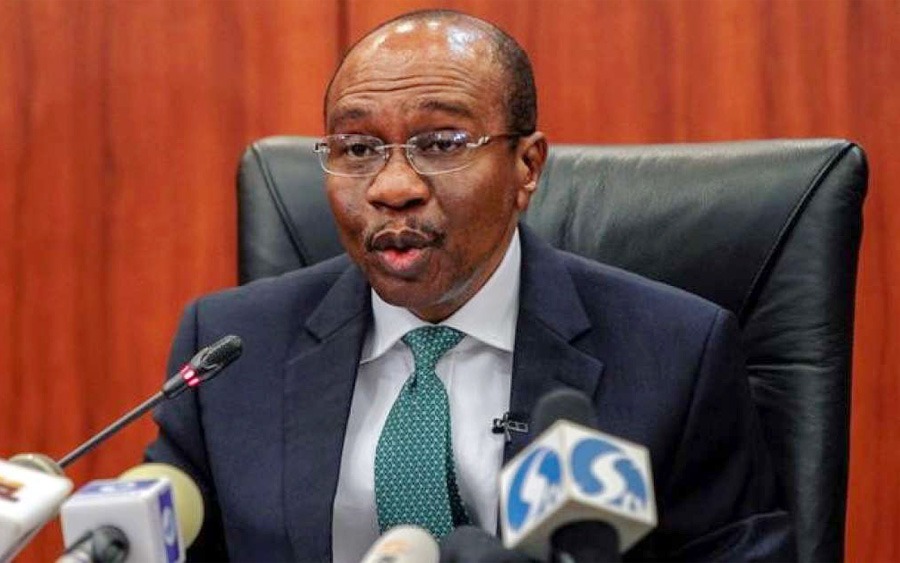Economy
Monetary Policy Committee Advocates for Robust Fiscal Policy to Attract Private Capital

MPC Advocates for Robust Fiscal Policy to Attract Investment
The Central Bank of Nigeria-led Monetary Policy Committee (MPC) reiterated the importance of a robust fiscal policy to the economy on Monday.
At the Central Bank of Nigeria communique No. 131 of the 274th Monetary Policy Committee meeting held on Monday 20th July 2020, the MPC said the nation needs a robust fiscal strategy to attract private investment and capital, to finance the huge infrastructure deficit in Nigeria, and strengthen the existing initiatives by the federal government and the CBN in this direction.
In the communique released on Monday, the committee said the drop in global growth output alongside global demand due to the COVID-19 pandemic is hurting commodity-dependent economies, especially the ones in the emerging markets like Nigeria, Angola, Libya, Iraq, Venezuela, etc.
The Committee noted, with concern, the IMF’s further downgrade of global economic contraction to -4.9 per cent from -3.0 per cent in 2020. The downward revision was based primarily on the amplified negative impact of COVID-19 pandemic on many advanced and emerging market economies, as they witnessed extended lockdown periods and restrictions on economic activities.
The MPC said “Global output growth weakened further, as a result of the persistent headwinds from the COVID-19 pandemic. These headwinds comprised: persisting decline in global aggregate demand and supply; disruptions in global supply chain and trade; rising sovereign and corporate debts; heightened financial market vulnerabilities; low prices of crude oil and other commodities; and rising unemployment.”
The committee, however, “recognized the supportive developmental roles of the CBN towards addressing some of these structural issues. The MPC specifically expressed optimism on the future impact of N50 billion Household and SME facility, out of which N49.195 billion has been disbursed, to over 92,000 beneficiaries. The N100 billion healthcare and N1.0 trillion manufacturing and agricultural interventions to support the rebound in growth from the impacts of the pandemic on the economy.
The Monetary Policy Committee agreed to leave the benchmark interest rate unchanged at 12.5 percent to better assess the impacts of the 100 basis-points rate cut on the economy at large.